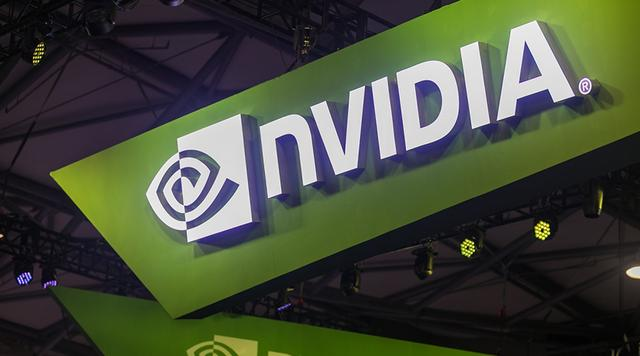The United States has expanded export restrictions on advanced Nvidia Corp (NVDA.O) and Advanced Micro Devices (AMD.O) artificial intelligence chips to other regions outside China, including some countries in the Middle East.
In the second quarter of fiscal year 2024, the U.S. government notified Nvidia that there are additional licensing requirements when exporting AI chips such as A100 and H100 to some countries in the Middle East. Nvidia said in a regulatory filing this week that the restrictions affect its A100 and H100 chips designed to accelerate machine learning tasks but will not have a "direct material impact" on its performance.
Rival AMD also received a letter containing similar restrictions, adding that the move would have no significant impact on its revenue.
Nvidia said in a separate statement that the new licensing requirements "will not impact a significant portion of our revenue. We are working with the U.S. government to resolve this issue."
Last September, AMD said it had received new licensing requirements and would stop exporting MI250 artificial intelligence chips to China.
Since then, Nvidia, AMD and Intel (INTC.O) have all disclosed plans to produce less powerful AI chips that can be exported to the Chinese market.
Nvidia did not give a reason for the new restrictions in its Aug. 28 filing, nor did it specify which countries in the Middle East were affected. It said last year that the United States informed them that the rule "will address the potential for products to be used or diverted to 'military end uses' or 'military end users' in China."
The majority of the company's $13.5 billion in sales in the quarter ended July 30 came from the United States, China and Taiwan. About 13.9% of sales come from all other countries combined, and Nvidia did not provide a breakdown of revenue from the Middle East.
The restrictions could take the form of 'know' letters from the Bureau of Industry and Security, forcing US companies to obtain approval to export to certain countries or customers on national security grounds, raising concerns that they could divert customers from the Middle East to China.



